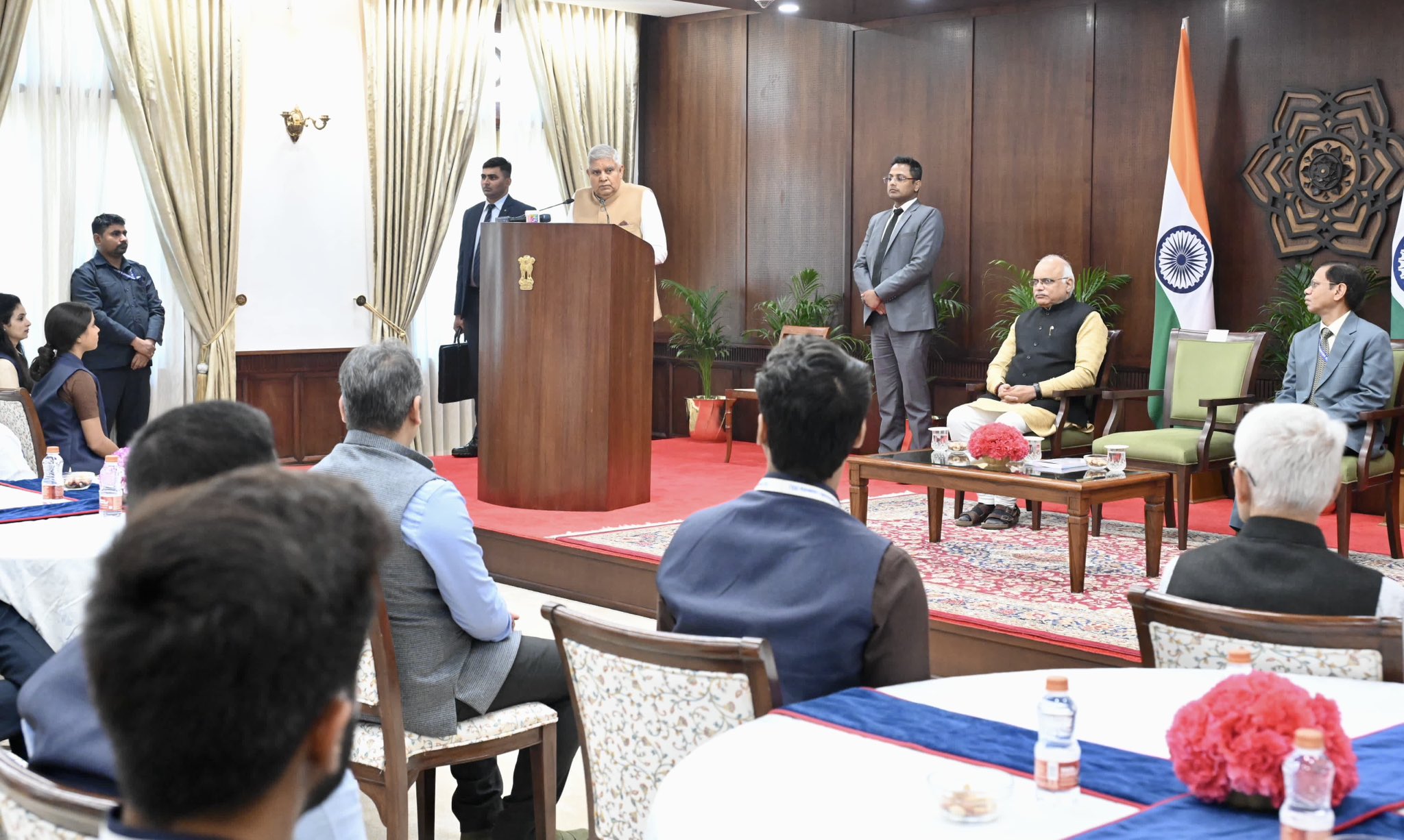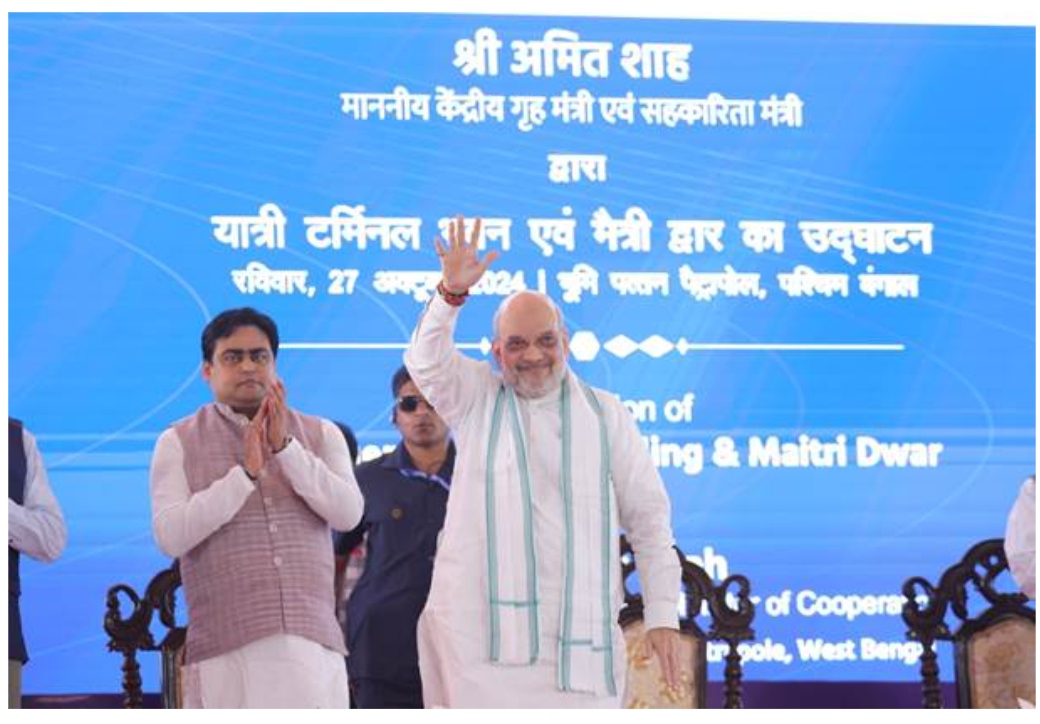New Polymer Nanocomposite Paves Way for Innovative Road Safety Sensor.
Bengaluru:
Researchers at the Centre for Nano and Soft Matter Sciences (CeNS) have developed a prototype road safety sensor using a novel polymer nanocomposite designed to enhance safety at high-risk turning points prone to accidents. This innovative sensor, which incorporates pressure sensing and energy harvesting capabilities, could significantly improve road safety measures.
The prototype can be installed in movable ramps, positioned just 100 meters before critical turning points. As vehicles approach, the sensor activates and displays warnings on a screen, alerting drivers to the upcoming danger. The device operates based on the piezoelectric effect, enabling it to generate and store energy for powering electronic devices.
The polymer nanocomposite is made from transition metal dichalcogenide, specifically synthesized vanadium disulfide (VS2), which enhances the piezoelectric properties of traditional polymers. Researchers integrated these nanoparticles into a well-known piezoelectric polymer, poly(vinylidene difluoride) (PVDF), to create composite films with improved functionality.
This breakthrough has been documented in the Journal of Material Chemistry A, and an Indian patent application has been filed for the invention. The project is part of a broader initiative funded by the Department of Science and Technology under the INSPIRE faculty fellowship program.
The successful development of this prototype demonstrates the potential for advanced materials to play a vital role in self-powered energy generation and pressure sensing applications, paving the way for safer roads in the future.



